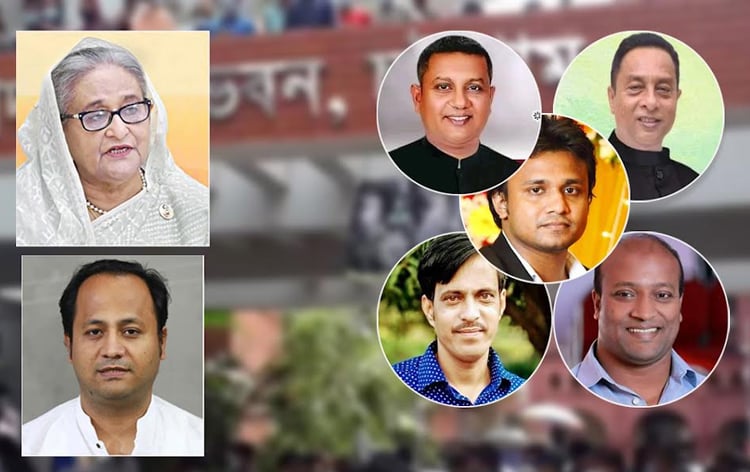
Online Desk: More than one million doctors were expected to join the strike, paralysing medical services across the world’s most populous nation. Hospitals said faculty staff from medical colleges had been pressed into service for emergency cases.
The strike, which began at 6am, cut off access to elective medical procedures and outpatient consultations, according to a statement by the Indian Medical Association.
A 31-year-old trainee doctor was raped and murdered last week inside the medical college in Kolkata where she worked, triggering nationwide protests among doctors and drawing parallels to the notorious gang rape and murder of a 23-year-old student on a moving bus in New Delhi in 2012.
Outside the RG Kar Medical College, where the crime took place, a heavy police presence was seen on Saturday while the hospital premises were deserted, according to the ANI news agency.
Mamata Banerjee, the chief minister of West Bengal, which includes Kolkata, has backed the protests across the state, demanding the investigation be fast-tracked and the guilty be punished in the strongest way possible.
A large number of private clinics and diagnostic centres remained closed in Kolkata on Saturday. Dr Sandip Saha, a private paediatrician in the city, told Reuters he would not attend to patients except in emergencies.
Hospitals and clinics in Lucknow in Uttar Pradesh, Ahmedabad in Gujarat, Guwahati in Assam and Chennai in Tamil Nadu and other cities joined the strike, set to be one of the largest shutdown of hospital services in recent memory.
In Odisha state, patients were queuing up and senior doctors were trying to manage the rush, Dr Prabhas Ranjan Tripathy, additional medical superintendent of All India Institute of Medical Sciences in the city of Bhubaneswar, told Reuters.
“Resident doctors are on full strike, and because of that, the pressure is mounting on all faculty members, which means senior doctors,” he said.
‘Punishment needed’
Patients queued up at hospitals, some unaware that the agitation would not allow them to get medical attention.
“I have spent 500 [Indian] rupees ($6) on travel to come here. I have paralysis and a burning sensation in my feet, head and other parts of my body,” an unidentified patient at SCB Medical College Hospital in the city of Cuttack in Odisha told local television.
“We were not aware of the strike. What can we do? We have to return home.” Raghunath Sahu, 45, who had lined up at SCB Medical College and Hospital in Cuttack, told Reuters that a daily quota set by the doctors to see patients had ended before noon.
“I have brought my ailing grandmother. They did not see her today. I will have to wait for another day and try again,” Sahu said while moving away from the queue.
India’s Central Bureau of Investigation, the agency investigating the rape and murder, has summoned a number of medical students from the RG Kar college to ascertain the circumstances of the crime, according to a police source in Kolkata.
The CBI also questioned the principal of the hospital on Friday, the source said.
India’s government introduced sweeping changes to the criminal justice system, including tougher sentences, after the Delhi gang-rape, but campaigners say little has changed.
Anger at the failure of tougher laws to deter a rising tide of violence against women has fuelled protests by doctors and women’s groups.
“Women form the majority of our profession in this country. Time and again, we have asked for safety for them,” IMA President RV Asokan told Reuters on Friday.
The IMA has called for further legal measures to better protect healthcare workers from violence and swift investigation of the “barbaric” crime in Kolkata.
“Punishment certainly is needed (and it) has to be a very harsher punishment, but at that same time the execution, the final culmination of the punishment should take place. And that is not happening,” said senior criminal layer Shobha Gupta, who represented a






